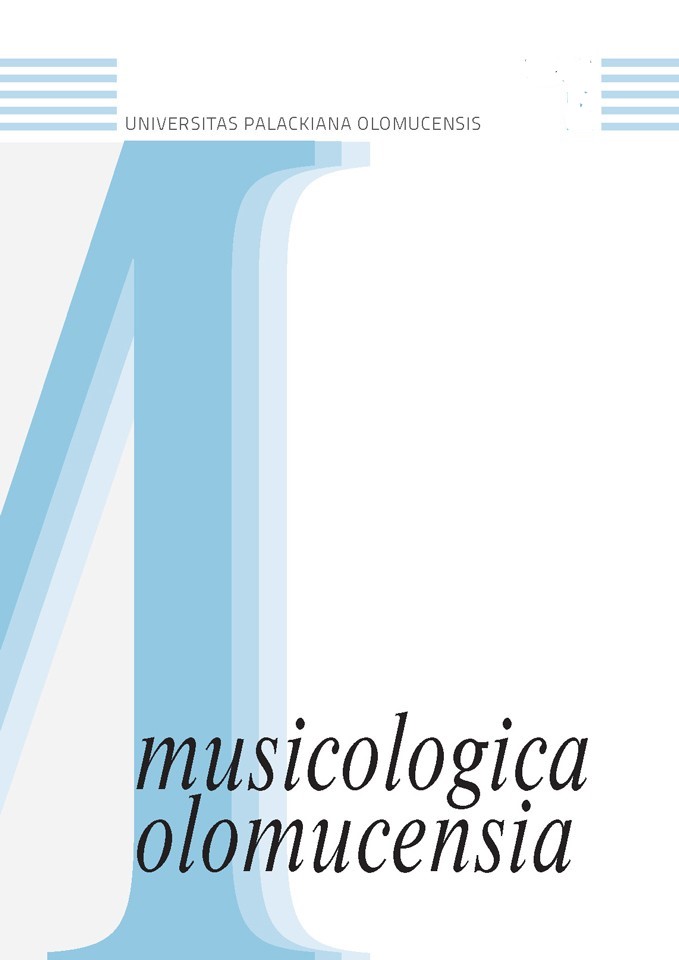From Mersmann to Lewin: Toward a Conceptual Shift Within the Phenomenological Analysis of Music
From Mersmann to Lewin: Toward a Conceptual Shift Within the Phenomenological Analysis of Music
Author(s): Martina StratilkováSubject(s): Music, Aesthetics, Sociology of Art
Published by: Univerzita Palackého v Olomouci
Keywords: Hans Mersmann; David Lewin; Wallace Berry; Edward Lippman; musical temporality; phenomenological analysis of music;
Summary/Abstract: Hans Mersmann presented his concept of musical structure in the 1920s and developed it mainly as a system of form types describing the classical music repertoire. In addition to this, he formulated a set of procedures to be used in the analysis of music. However, with the withdrawal of tonality in twentieth-century music, the significance of his framework for music analysis lessened. Moreover, even within the context of tonal music his approach has not become widely applied. On the contrary, David Lewin's model, developed within phenomenological reasoning sixty years later, despite being a model of musical perception, has turned into an influential theoretical stance with appealing analytical potential. The present paper discusses both approaches against the background of musical temporality and compares their explicative power while considering the advantages of Lewin's model.
Journal: Musicologica Olomucensia
- Issue Year: 24/2016
- Issue No: 1
- Page Range: 101-111
- Page Count: 11
- Language: English

